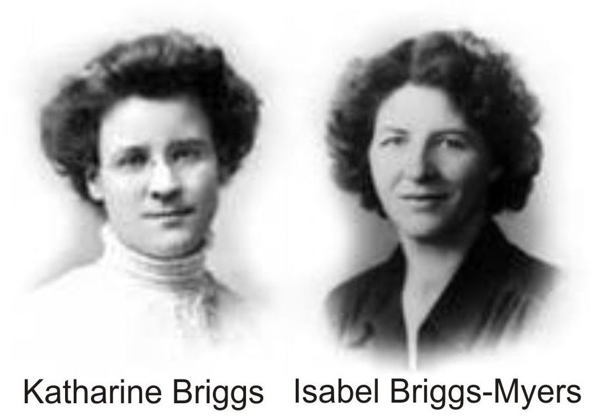

The Myers-Briggs Type Indicator was originally created by two individuals in the early 1900s that had no formal education or training in psychology.

However, many studies and anecdotal reports indicate the actual repeat reliability rating of the MBTI would struggle to reach 70%. MBTI is based on eight hypothetical assumptions and until this day there has been no scientific proof to support the claims of the method.Īccording to Myers-Briggs' own literature, their Type Indicator assessment has an overall repeat reliability ranging between 75% and 90%. The MBTI is a test that aims to identify where an individual falls on four different dichotomies-sensing or intuition, introversion or extroversion, thinking or feeling, and judging or perceiving-and comes up with 16 different personality types labelled by combinations of initials. Only the Core Values Index of the four assessments we reviewed uses the cue-type mechanism - simple word choices. There are two types of assessment methodologies, question types and cue types.Īssessments that use phrased questions, such as asking the individual to rate how much they agree or disagree with the statement, "I am a natural-born leader," can easily be skewed because the intent of the question is clear.Ĭue-type assessments use other feedback mechanisms that hide the intent or meaning behind the available options.Įssentially any psychometric assessment that uses phrased questions or discernible context can be skewed, thus reducing their reliability and validity. The way a psychometric assessment functions has a big impact on its validity. The value of a psychometric assessment can also be viewed by how easily the results can be deliberately or unintentionally skewed by the individual. It can also measure the ability of the assessment to predict the performance or behavior of the individual, such as in a new job or career track. Validity refers to the accuracy of the assessment to measure the psychometric traits of the individual.

Validity is a bit more difficult to measure. How similar are results from one assessment to another? A 100% reliability rating would indicate results are exactly the same between different assessments for a given individual over time. Test-retest consistency is the standard for reliability, and is fairly straightforward to understand. Reliability and validity are the two keystone ways to measure the value and quality of a psychometric assessment. In this article, we compare four of the top psychometric assessments on the market today, Myers-Briggs Type Indicator (MBTI), the DISC, StrengthsFinder, and the Core Values Index.


 0 kommentar(er)
0 kommentar(er)
